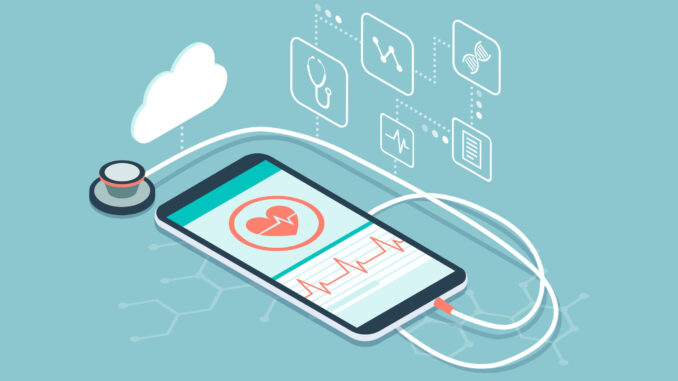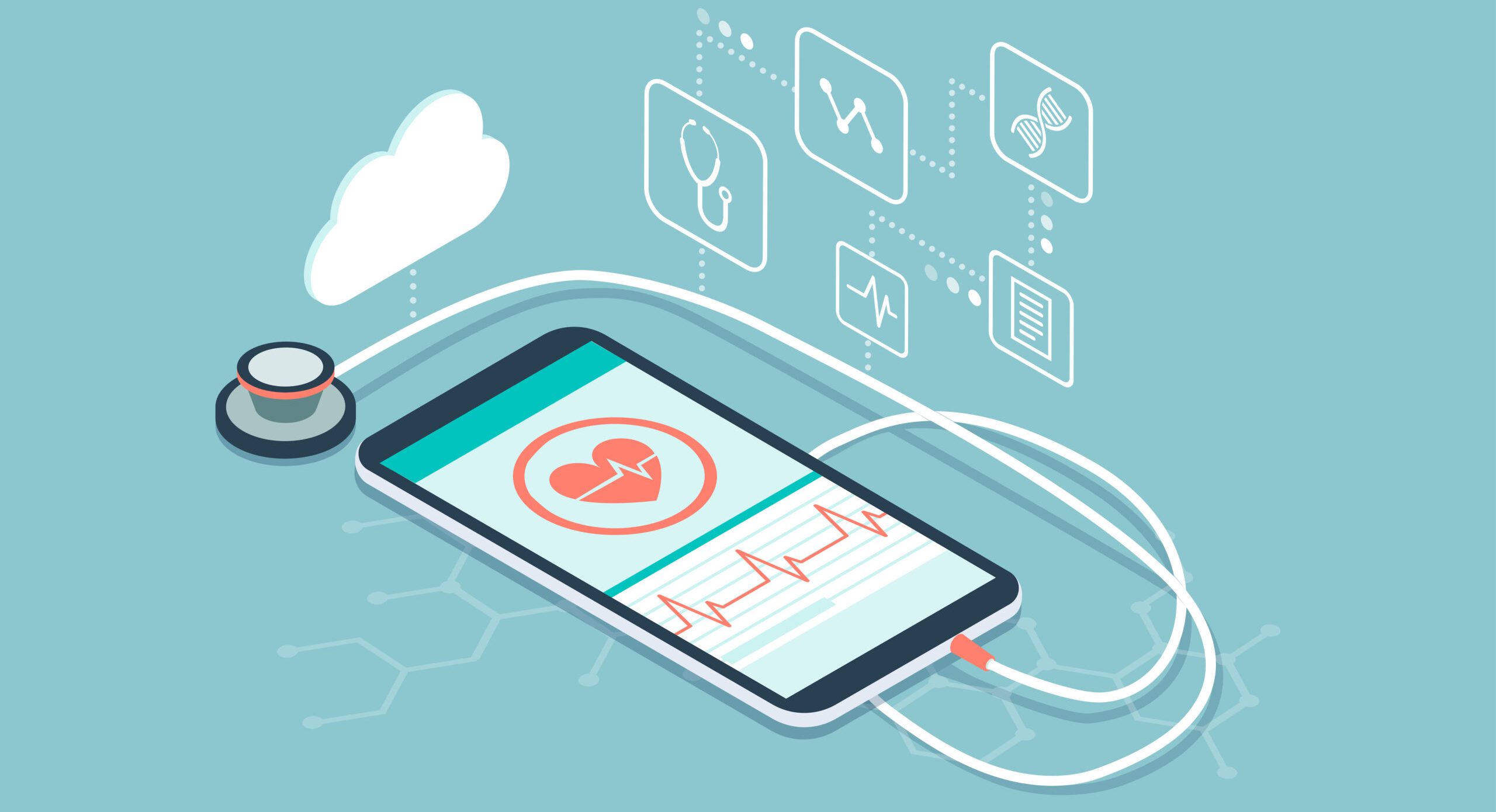

At the University of Waterloo, we value our connections to the community and take inspiration from our local collaborations to drive research that will make a tangible difference in people’s lives. Our work as a partner of The KW4 (cities of Kitchener and Waterloo and townships of Wellesley, Wilmot and Woolwich) Ontario Health Team (KW4 OHT) is a great example of how our research can both support and inform grassroots initiatives.
KW4 OHT is a collective of 41 Waterloo Region member organizations from primary care, home care, hospitals, community agencies, long-term care, mental health, Indigenous health, municipalities and post-secondary education. Together with patients and families, KW4 OHT seeks to support the health and wellness of Waterloo Region residents through seamless, interconnected care and continuity across providers, with an emphasis on inclusivity.
Responding to the complex needs of the local newcomer population, KW4 OHT is currently developing a Newcomer App with the support of the University of Waterloo. The app is designed to empower newcomers to successfully navigate health and social services on their own terms, in the language of their choice. In addition to streamlining access to vital services, the app also aims to improve outcomes related to the social determinants of health, thereby enhancing the overall population health and wellness of newcomers. Furthermore, it is anticipated that the app will be of most benefit to tech savvy clients, freeing up stretched service providers to direct their attention and resources to the most vulnerable newcomers.
The government has set ambitious immigration targets and it is key to have adequate supports in place to ensure that newcomers can access the services they need to thrive. Waterloo Region alone added 52,011 residents between 2016 and 2021 (535,154 to 587,165) and newcomers accounted for 53.5% of that growth.
Dr. Edith Law, Associate Professor of Computer Science at the University of Waterloo, and her students Nabil Bin Hannan and Anthony Maocheia-Ricci are leading the app’s development. Dr. Law’s design process is highly focused on co-design and for this project, she and her team worked with newcomers identified by settlement agencies. Settlement agency staff have trusted relationships with their clients, and the aim was to create a safe space in which newcomers could share authentic feedback.
Dr. Law’s research related to the app will explore novel uses of Capability Sensitive Design throughout the design, development and evaluation process, thus contributing new knowledge in Human-Computer Interaction (HCI). This research will generate technical contributions in terms of a novel coordination system with two web-based applications for newcomers and organizations respectively, and novel interfaces and algorithms for managing evolving newcomer needs and streamlining organizational workflows. Finally, the technology will be field tested by Waterloo Region organizations and newcomers, enabling the organization to evaluate their usability and utility.
The University of Waterloo is proud to partner with KW4 OHT on the development of the Newcomer App. Grassroots-led initiatives, particularly in the realm of public health, can have a dramatic positive impact. Meaningful collaborations with partners like KW4 OHT help to deepen our ties with the community and connect our research to the key priorities of the community.

The University of Waterloo is a Member of Research Canada: An Alliance for Health Discovery and a Sponsor of the 2023 Research Canada Leadership in Advocacy Awards (LIAA) Reception. Visit rc-rc.ca to learn more.
